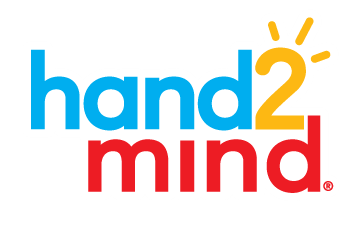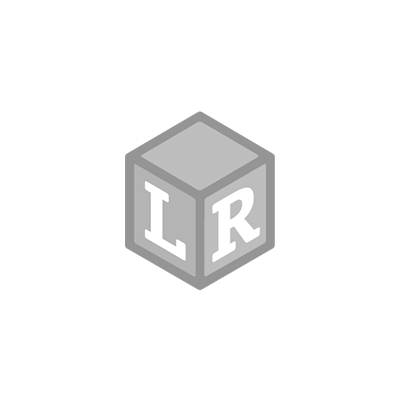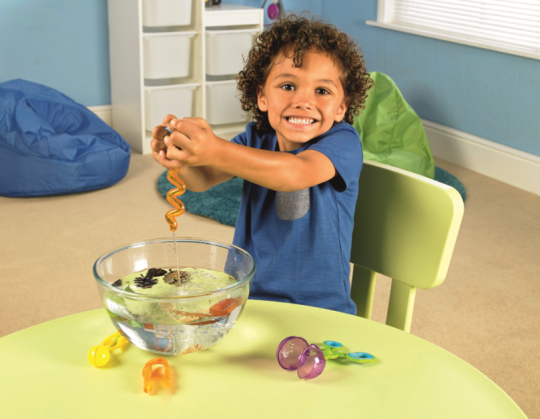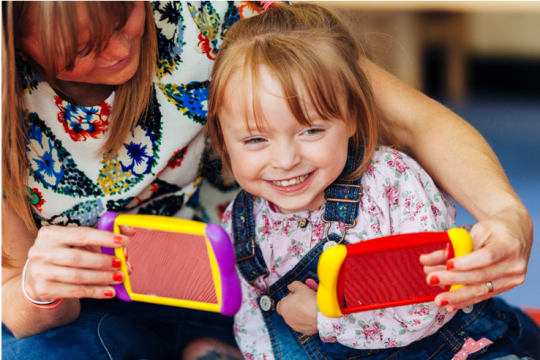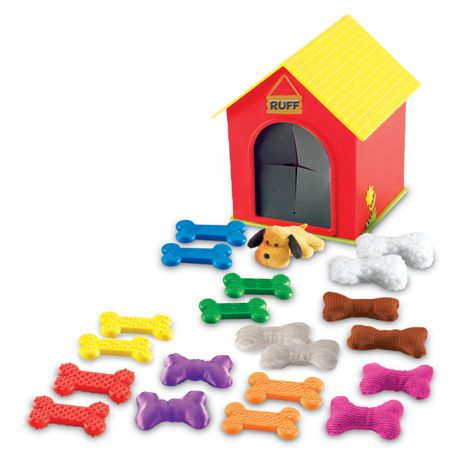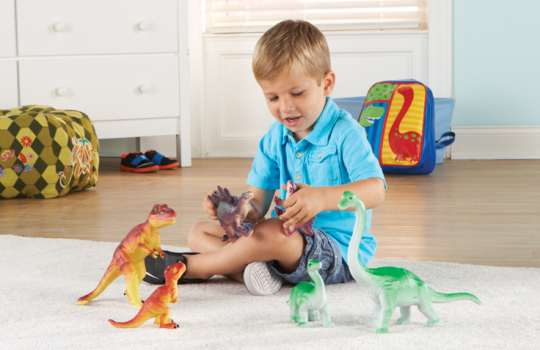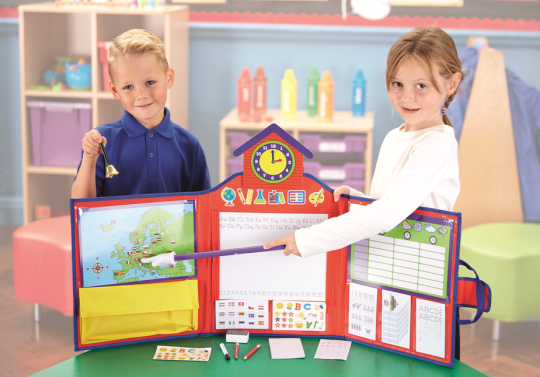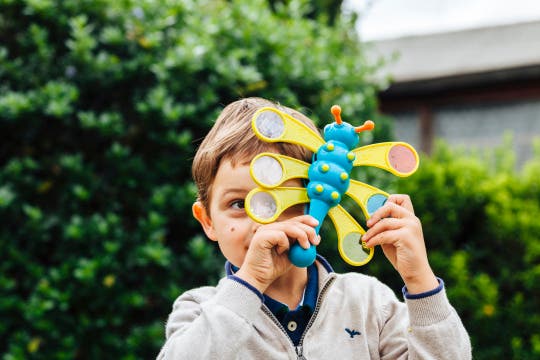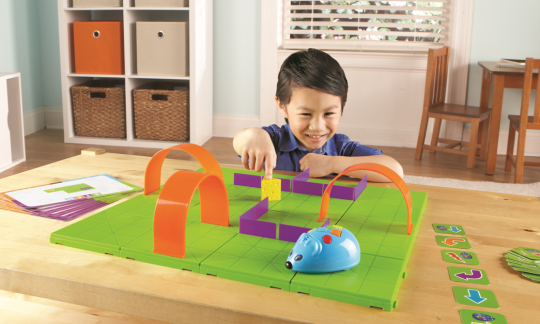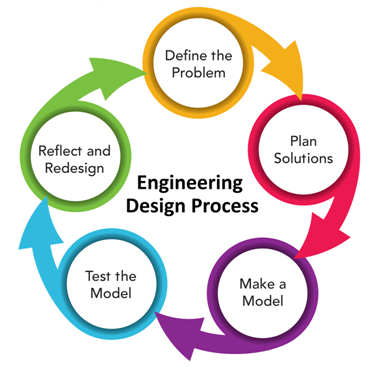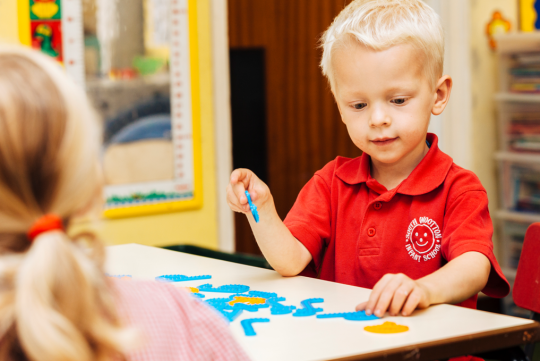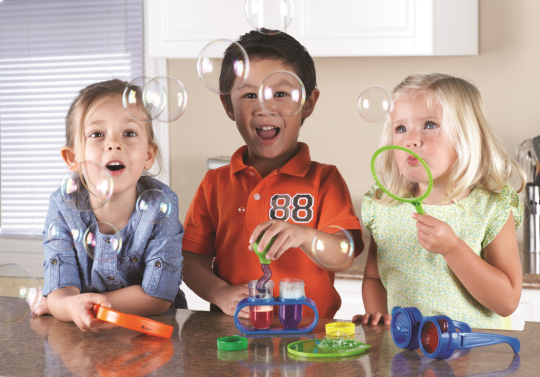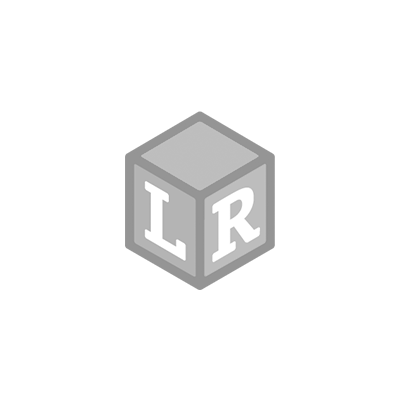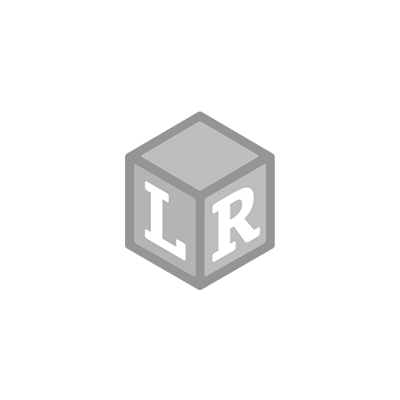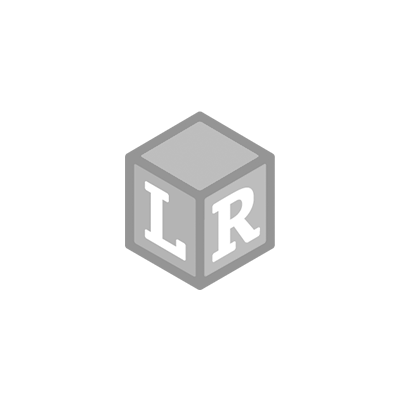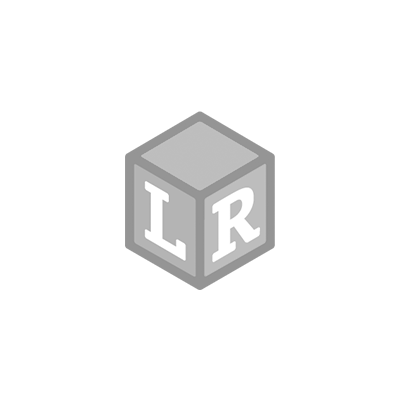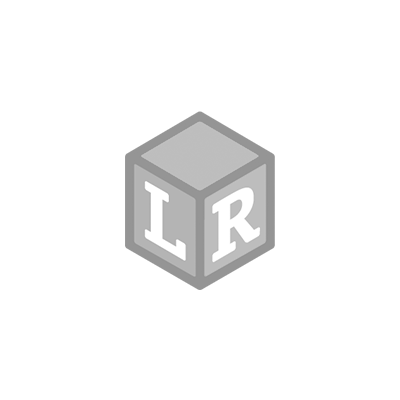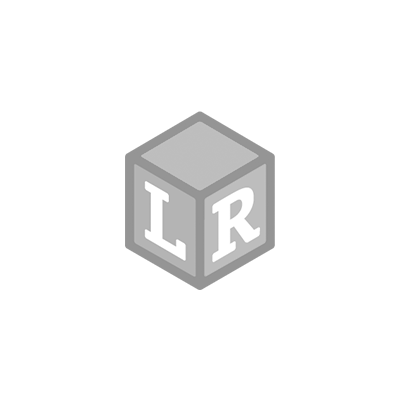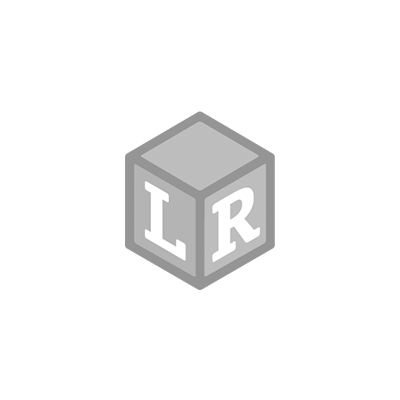
Easy science experiments for kids
- Learning Resources Posted On Sep 20, 2021 | Seasonal Fun
Children are natural scientists and spend their first few years trying to learn as much as possible about their worlds. Because children are so curious, it’s easy to engage their imaginations with simple science experiments parents can try at home. To help you get started on a science learning adventure with your child, we’ve rounded up ways to get going with ideas for hands-on easy science experiments for kids.
Easy science experiment using salt
Beaker Creatures Float Away is a quick activity that uses salt water to show buoyancy. Download this activity sheet here, and then head to the kitchen.
To try this, you’ll need:
- Cup
- Egg
- Water
- Salt
Do this experiment:
- Fill the cup ¾ with water. Do you think the egg will sink or float? Gently place the egg in the water and watch what happens!
- Remove the egg from the water. Add 3 tablespoons of salt and stir.
- Let’s try it again – place the egg in the salt water. Why do you think the egg floated this time?
- Adding salt to the water increases its buoyancy. This means that objects can now float on the water. Wow!
This activity sheet also includes a second experiment to grow a salt crystal. Visit our Home Learning hub to download this free activity sheet and find other Beaker Creatures ideas such as…
- Build an extendable grabber using craft sticks and straws, and whizz up ice cream using salt and ice to chill it.
- Create a wobbly lava lamp-like experiment using oil and water, and make a density stack using water, oil, and golden syrup.
- Make a mystery goo, and create a marvellous nebula using food colouring.
- Create a snow home using edible glitter and make bubbles.


Watch TheDadLab do it (and more)
TheDadLab is a YouTube channel with loads of science experiments for kids. These range from easy activities using ingredients you have at home, to more complex science fun for older children. In this video, he shows some ideas on how to explore density, and does his own version of the salt-egg buoyancy experiment.
Find more family science fun
From chemistry to life sciences, there are so many aspects to science that you’re sure to find a field that will interest your child. Here are some tips to get going…
- Head out and explore because science is everywhere. From bug hunting to cloud-watching, your outdoor space offers so many opportunities to learn. Prompt your child to observe and question their surroundings by discussing what they’ve seen.
- Consider your child’s personal interests because the more they’re interested, the more they’ll engage with learning. For example, introduce chemistry using our science experiments sheets packed with activities you can do you using ingredients you have at home. Science Sparks is a site with loads of fun science experiments for kids and has a simple activity here to get you started.
- Gardening is a fantastic for all children and can encourage an interest in plant science. Get started by reading our guide to getting your garden ready for growing vegetables.
- Start as early as possible, since children build on what they know, and their early interests influence their interests later in life. Even everyday activities such as baking offer maths and science learning opportunities.
- Depending on your child’s interests, invest in some science toys and equipment. Our Primary Science range for ages 3+ is an ideal starting point and is designed to be realistic, child-friendly science equipment ready for hands-on learning. Our GeoSafari and GeoSafari Jr. ranges actively encourage outdoor exploration and play. From telescopes to microscopes, these are real working scientific tools can go with your child on any learning adventure. Beaker Creatures is where wacky science meets cool collectables and is ideal for children aged 5-10.
- Looking for more ideas? Read our guide on our best science toys for 4 year olds, and for older children, check out our selection the best science toys and playsets for 8 year olds.
When you consider the skills children develop through doing fun science experiments for kids, it’s easy to see why hands-on science learning is so important. Science uses observation and data to understand the world and encourages children to listen, observe, test, evaluate and think critically. These are valuable life skills that support lifelong love of learning.
